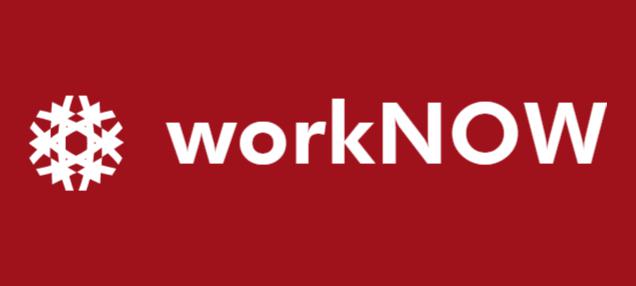Accountant
Controller Job Description
Accountants work with individuals, small businesses, large corporations, non-profits and government agencies to prepare and organize financial and tax documents. Accounting is defined as an organized way to keep records of business and financial transactions, summarize those transactions, and analyze, verify, and report financial results. Another way to look at accounting is that it’s an information system designed to identify, measure, record, and communicate reliable, relevant, and consistent information about the economic activities of an organization. Accounting involves only transactions that can be expressed in monetary terms. Some people call accounting “the language of business,” and its purpose is to help users of accounting information make better decisions
Accounting professionals must pay strong attention to detail in order to keep information accurate and organized. Accountants must be able to listen carefully in order to accurately gather facts and figures from clients, managers, or other stakeholders. To be effective in this role, an accountant must understand the basic functions of a business to accurately analyze and interpret financial data. Professionals in this field need to be able to use advanced accounting software and other computer-based tools to work effectively. Collecting and analyzing financial data is a large part of accounting and is an important aspect of identifying patterns and potential issues. A common misconception is that you have to be good at math to be an accountant. It is true that math skills are important in order to analyze, compare, and interpret data and figures.
Most professionals in the field possess bachelor’s degrees and—if employed by a corporation—may require certification to move up within the firm. Certification requirements vary, with some roles requiring additional educational requirements above the bachelor’s degree and successful completion of rigorous examinations. Accountants can have more than one designation. But the most common accounting designations are the Certified Internal Auditor (CIA), Certified Management Accountant (CMA), and Certified Public Accountant (CPA).
Typical duties of a Controller
• Organizing and maintaining financial records
• Evaluating financial operations and making recommendations to management about best financial practices
• Examining account books and accounting systems to make sure they are efficient and conform to accepted standards and accounting procedures
• Preparing tax returns and related tasks
• Examining financial statements to make sure they are accurate and meet legal requirements
• Suggesting ways to increase revenue, reduce costs, and improve profits
Skills:
• Strong analytical, communication, and computer skills.
• Understanding of mathematics and accounting and financial processes.
• Ethical behavior.
• Attention to detail.
Qualifications: Bachelor’s degree in Accounting or related field, more education or experience may be preferred, special licenses or certification may be required.

